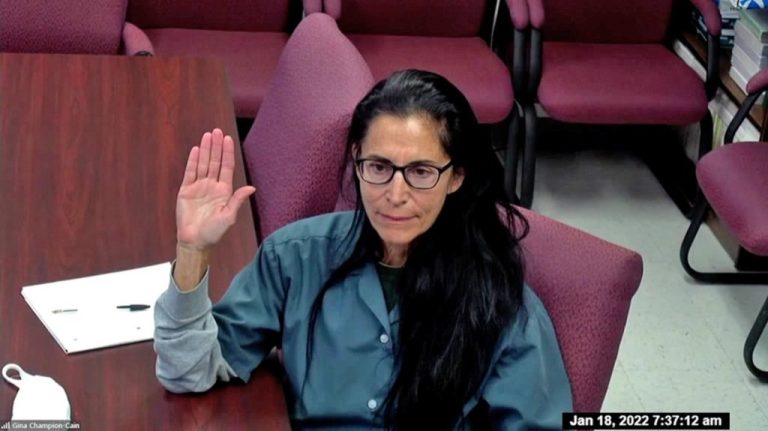
That reflects falling wholesale gas prices and is down from £3,280 today, although the government’s Energy Price Guarantee, which ends on June 30, reduces that to £2,500 a year.
Its predecessor, the Energy Bill Support Scheme, which handed every household £400 in six monthly payments of £67 from October, ended in March.
Despite July’s energy cap cut, household bills will still be almost twice as high as they were in October 2021, just before the energy crisis began. Back then, the cap was only £1,138.
Winter could still be tough, as forecaster Cornwall Insight predicts the energy cap will fall only slightly to £1,976 when it is changed again from October 1.
And it will edge up again three months later to £2,045 from January 1.
Bills should still fall sharply this summer but there are several things households need to do to be absolutely certain they may benefit from July 1.
The energy cap sets unit pricing for the average household on a dual-fuel tariff paying by direct debit.
How much you pay in practice will depend on your personal household usage, so those who use less pay less.
However, even the most careful users can only cut their bills to a certain level, said Laura Suter, head of personal finance at AJ Bell. “Standing charges won’t be cut from July 1, but will stay the same. Households will still have to pay £5.74 a week even before using a unit of electricity or gas, or £300 a year.”
Ironically, this means that lower users will actually see smaller savings. It’s unfair and needs looking at, Suter said.
She warned that while suppliers must pass on lower unit charged from July, they are under no obligation to cut your monthly direct debits.
To make sure you’re paying a fair amount, submit regular meter readings and check whether you are in credit or debit, to see if yours can be cut.
Resist the temptation to slash monthly payments to the minimum, though. “Most customers build up some credit during the summer months, and they will need that to cover higher energy bills in winter,” Suter said.
Summer is coming and lighter evenings and warmer temperatures will naturally cut home energy consumption, said Gareth Kloet, energy spokesperson for Go.Compare Energy.
“Most of us will inevitably use less energy so if you can, use the summer to catch up on any arrears you may have with your energy provider and build up credit for the winter.”
Martin Lewis, founder of MoneySavingExpert, said when prices were rocketing last year some households locked into very high fixed-rate deals to protect themselves. “They were protected under the Energy Price Guarantee but when that subsidy ends on June 30 those fixes will revert to their original, higher price.”
People in this position should consider switching to a price-capped standard tariff, but must first see if they will have to pay exit fees, he said.
“If you’re coming to the end of a fix you don’t pay exit fees in the last 49 days so could move on then.”
Crucially, Lewis urged everyone to do a meter reading on July 1 to “draw a line in the sand” when the new, lower cap kicks in.
“It stops your supplier from estimating usage and potentially assuming that you’ve used more at the higher rate than you actually have,” he warned.
This will make sure you maximise the benefits from the upcoming energy price cut from day one.
READ MORE: Energy bills to stay high ‘for the rest of the decade’ despite price cap cut
Pete Mugleston, money expert at OnlineMoneyAdvisor.co.uk, said if energy prices stabilise in the weeks ahead it may be possible to find competitive fixed price energy deals from providers at some point in June, so get ready to start shopping around again.
He called on suppliers to stop “dragging their feet” and get serious about passing on falling wholesale energy prices to households, amid fears of profiteering.
“Ofgem and the Government must investigate their pricing strategies. Consumers deserve transparency and fairness.”
Simon Oscroft, co-founder of So Energy, said this winter will still be tough, and we won’t have the Energy Bill Support Scheme or Energy Price Guarantee to support us.
“Without further Government intervention, customers will actually be worse off this winter than they were last winter. The most vulnerable may need targeted support.”
If you are struggling to make payments and are concerned about energy bills, talk to your energy supplier first, as they have a duty to help customers.
Do not be tempted to simply skip payments.
Otherwise call a charity like Citizens Advice and see if there’s extra benefits or support you can claim.







